Lebanon’s Hariri says he does not want to return to premiership
Lebanon’s caretaker Prime Minister Saad al-Hariri says he does not intend to return to the premiership and head a new government, stating that he has moved on from the post and that he is not obstructing the formation of a new cabinet amid a deep financial crisis.
“Analyses that say the obstruction of government formation is linked to my return to the premiership are simply delusions and undisguised attempts to make me responsible for the obstruction,” Hariri wrote in a series of posts published on his official Twitter page on Tuesday.
التحليلات التي تتحدث عن سيناريوهات تربط عرقلة تأليف الحكومة بترتيب عودتي إلى رئاسة الحكومة مجرد أوهام ومحاولات مكشوفة لتحميلي مسؤولية العرقلة وخلافات أهل الفريق السياسي الواحد. ١/٣
— Saad Hariri (@saadhariri) January 21, 2020
He added, “My decisive decision is that [the premiership] is behind me, and that my resignation responded to people’s anger in order to open the way for a new phase.”
Hariri then rejected rumors that he is behind the delay in the formation of a new government, reiterating his call for the formation of a new government.
أما للمتخوفين من هذه السيناريوهات والقائلين بان أحداً من أولياء أمر التأليف لم يعد يريد #سعد_الحريري في رئاسة الحكومة فأقول ؛ سعد الحريري اتخذ قراره ومفتاح القرار بيده .. فتشوا عمن سرق مفاتيح التأليف وأقفل الأبواب على ولادة الحكومة. ٣/٣ #لبنان #لبنان_ينتفض
— Saad Hariri (@saadhariri) January 21, 2020
Amnesty: Excessive force against Lebanon protests must stop
Meanwhile, Amnesty International has warned against the excessive use of force against protesters over the weekend that left hundreds of people injured.
“We call on Lebanon to stop using excessive force against protesters. Over 400 people were injured as security forces cracked down on protests in Lebanon,” the human rights group wrote in a post published on its official Twitter page on Tuesday.
❗️ We call on #Lebanon to stop using excessive force against protesters ❗️ pic.twitter.com/6DwmrnowTt
— Amnesty International (@amnesty) January 21, 2020
“Although mostly peaceful protesters, anti-riot police used water cannons, tear gas, rubber bullets and batons. Injuries included suffocation, broken limbs and severe wounds,” it added.
Parliament 2020 budget session postponed to Jan. 27-28
Separately, a parliament session set to discuss and endorse the draft 2020 state budget was postponed until next week.
Lebanon’s official National News Agency said on Tuesday that legislators were initially scheduled to hold sessions on January 22-23, but it was postponed until January 27-28.
ارجاء جلسة مناقشة الموازنة الى 27 و28 الحاليhttps://t.co/TpaBnmPkvO
— National News Agency (@NNALeb) January 21, 2020
Lebanon is hoping to reduce its budget deficit and push through economic reforms amid worsening economic and political crises.
Prime Minister-designate Hassan Diab has vowed to form a government made up of “independent specialists,” who do not belong to political parties.
Nabih Berri, who serves as both the parliament speaker and leader of the Amal movement, as well as Hezbollah officials have called for the formation of a techno-political government, which embraces and represents all parties.
Lebanon has been facing a very tough economic situation because of the failing policies of successive governments, which have led to the impoverishment of the people.
Growth in Lebanon has plummeted in the wake of endless political deadlocks and an economic crisis in recent years.
The country hosts 1.5 million Syrian refugees, and their presence is often blamed for putting pressure on the already struggling economy.
Unemployment stands at more than 20 percent, according to official figures.
The Lebanese Finance Ministry says the national debt is hovering around $85 billion, which accounts for more than 150 percent of Gross Domestic Product (GDP).
Successive governments have also failed to address a waste management crisis or improve the electricity grid, which is plagued by daily power cuts.
On October 29, Hariri submitted his resignation to President Michel Aoun.
Under the constitution, Hariri’s cabinet would stay on in a caretaker capacity until a new government is formed.
The protests began on October 17, when the government proposed imposing a tax on Whatsapp calls, along with other austerity measures.
Saudi delegation meets HTS leader at presidential palace in Damascus
Relentless Israeli ceasefire violations justify need for self-defense: Lebanese MP
Tel Aviv tells Damascus Israeli forces will remain in occupied territory: Report
Dec. 22: ‘Axis of Resistance’ operations against Israeli occupation
‘Abhorrent’: Oxfam says only 12 trucks delivered aid in North Gaza since Oct.
VIDEO | Leader receives religious eulogists on Hazrat Fatima birth anniv.
Pope Francis slams Israel’s ‘machine-gunning’ of Gaza children
US hostage-taking of Iranian nationals violation of intl. law: Deputy FM


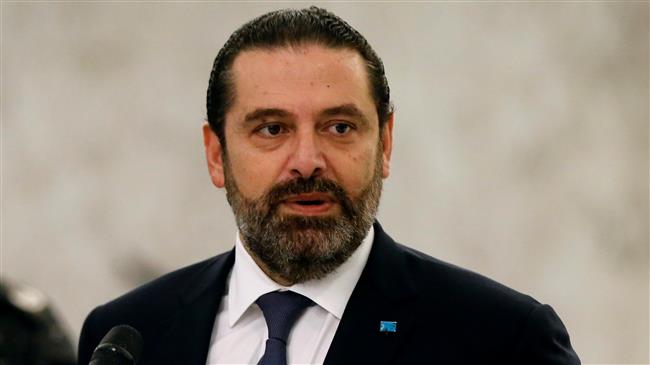





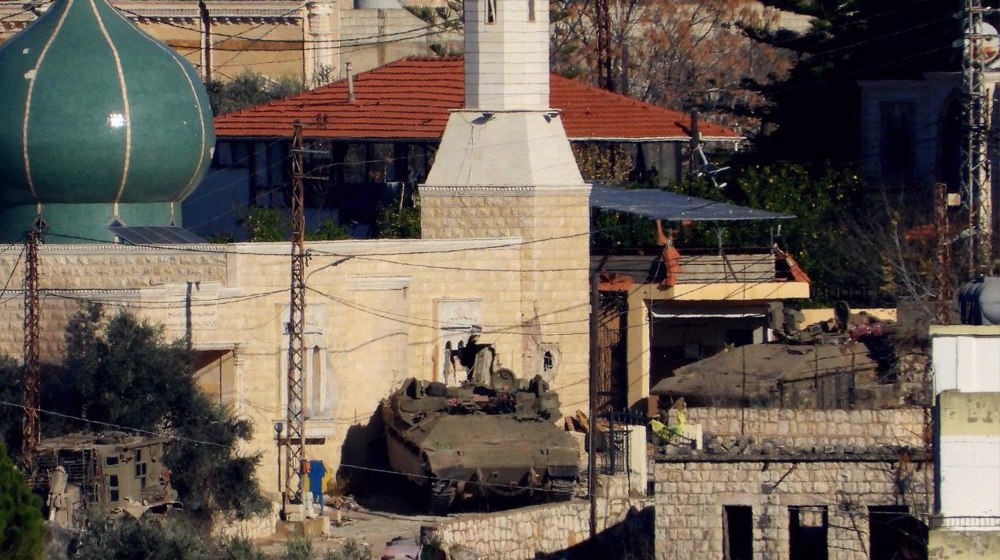



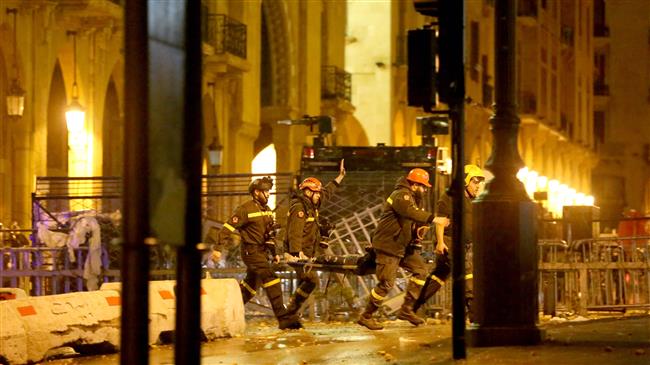
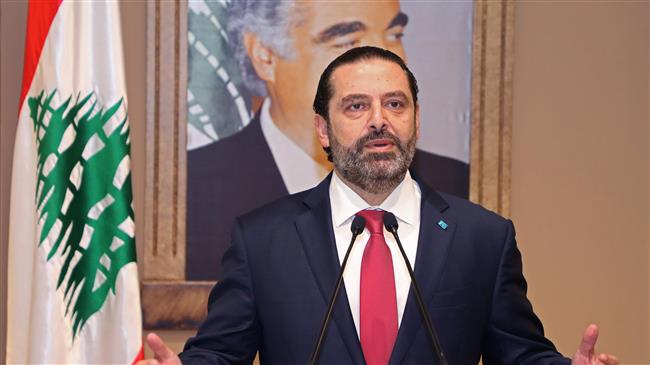
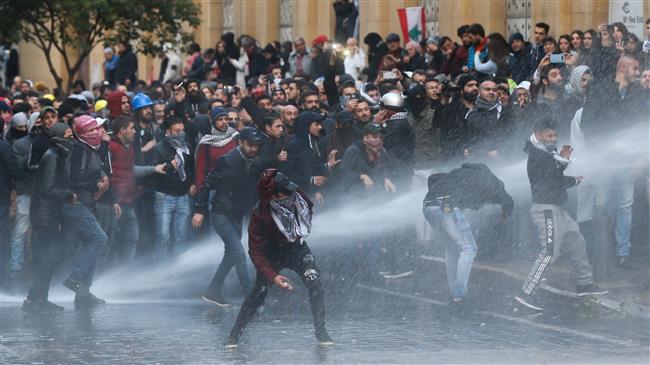
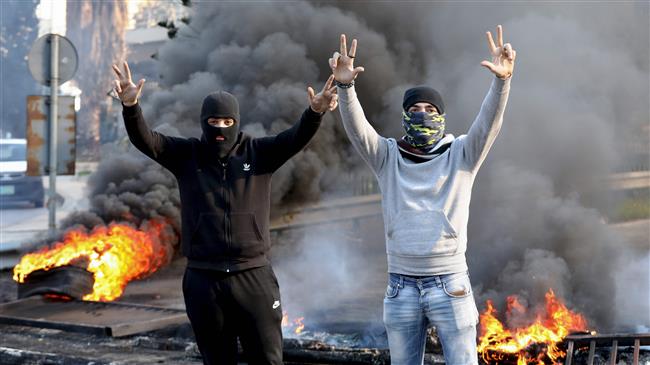
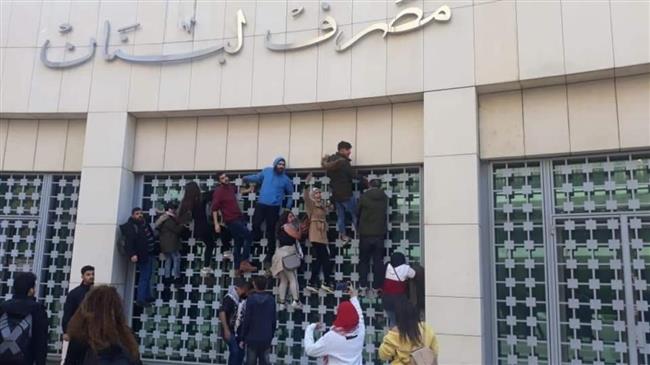
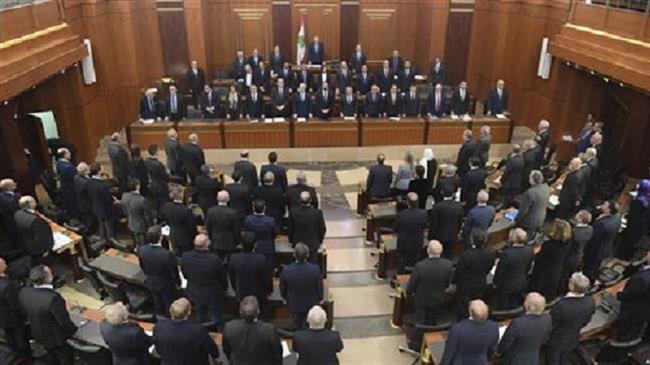

 This makes it easy to access the Press TV website
This makes it easy to access the Press TV website